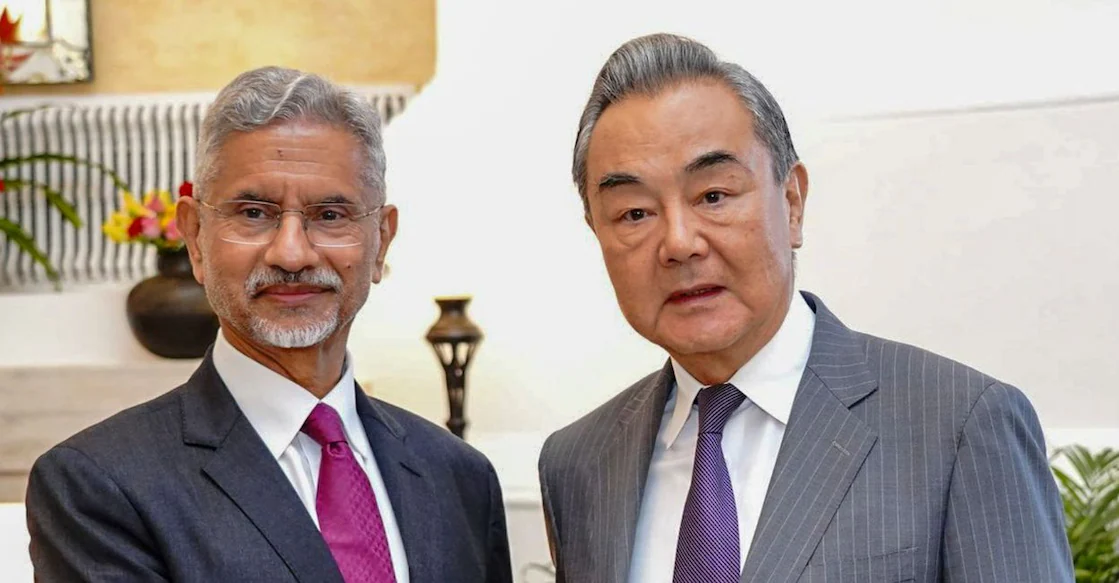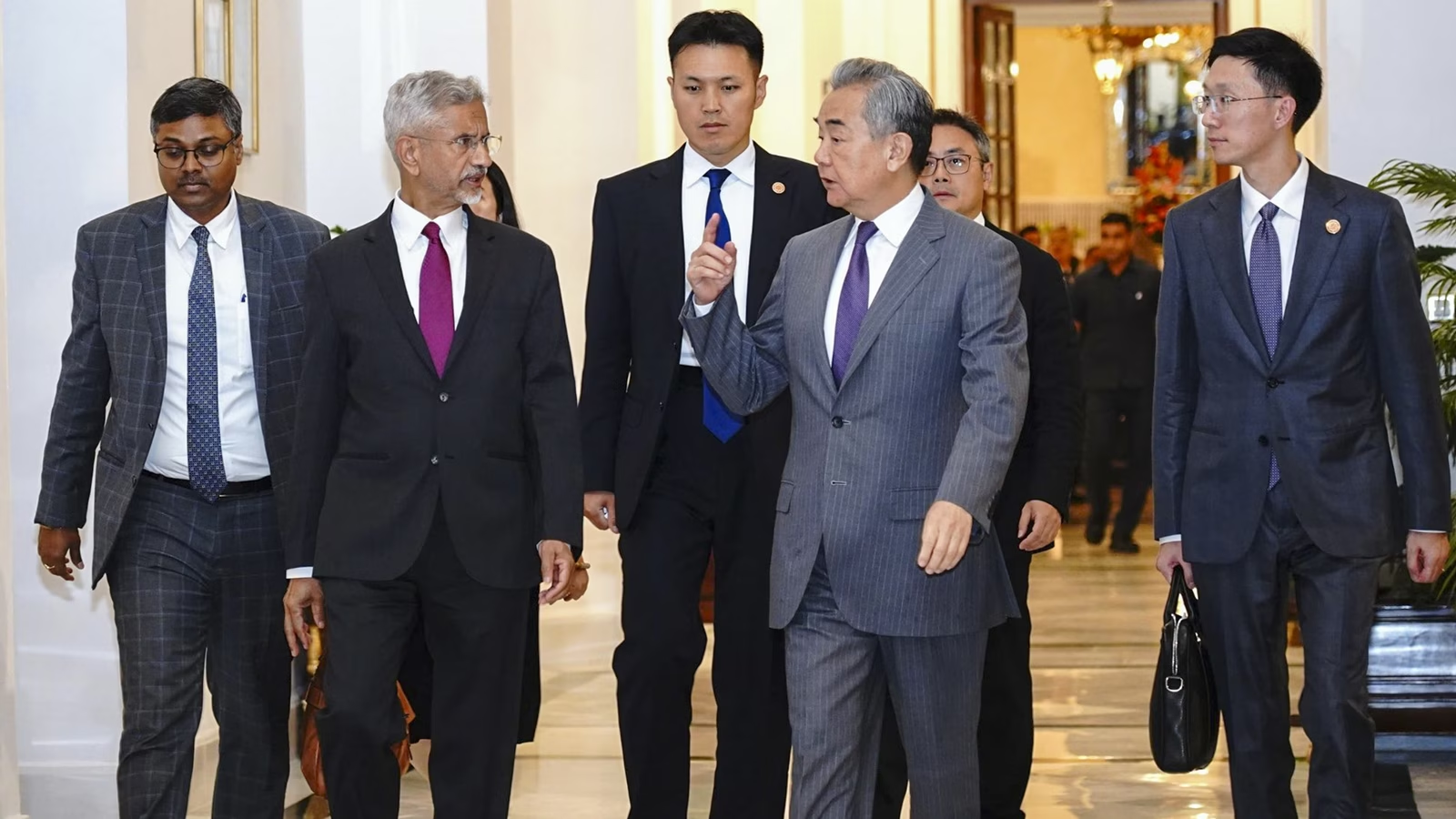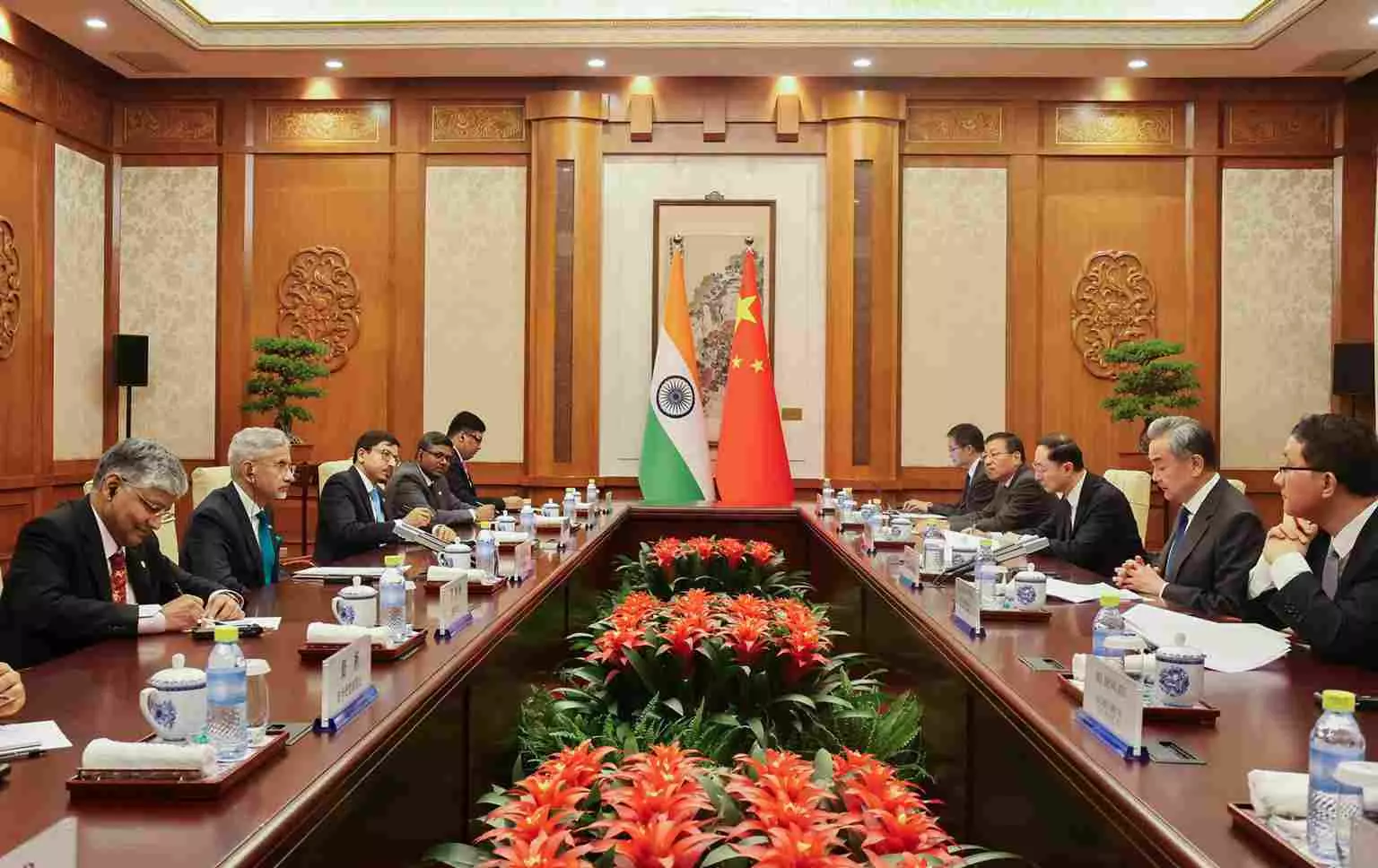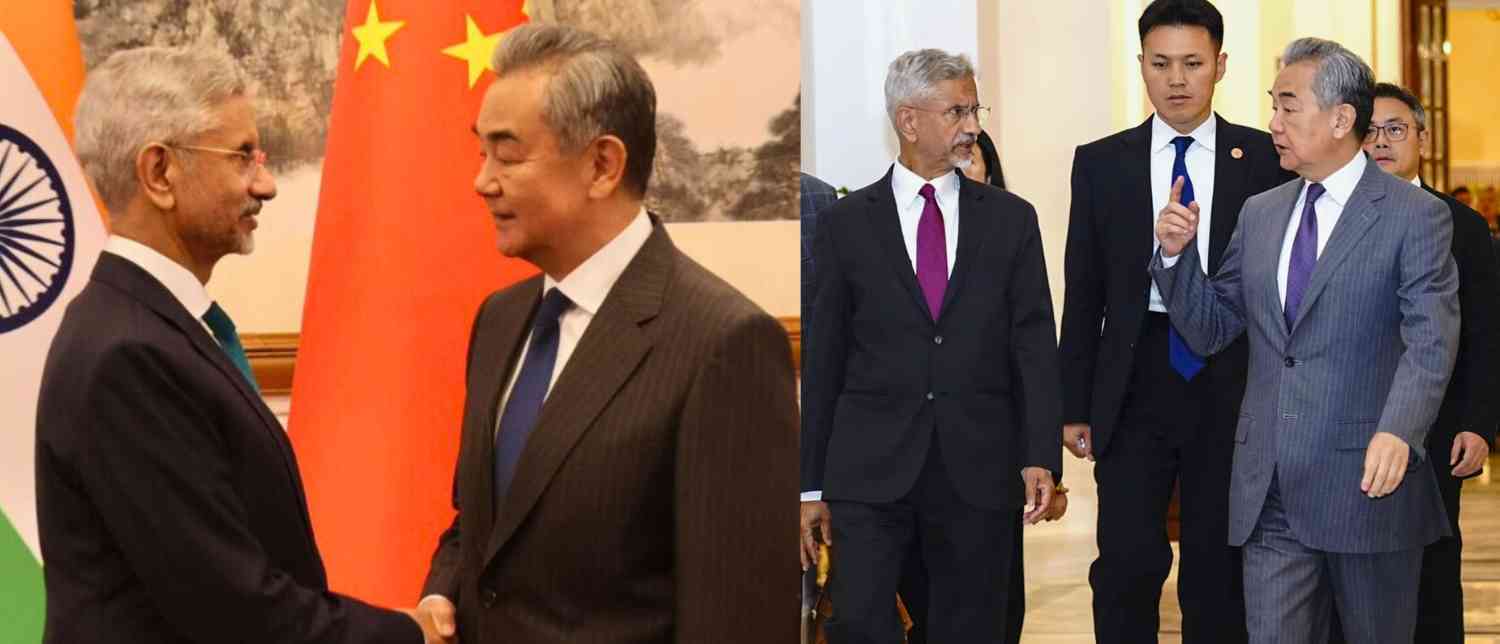External Affairs Minister S Jaishankar recently urged Chinese Foreign Minister Wang Yi to accelerate the process of de-escalation along the Line of Actual Control (LAC) in eastern Ladakh, following years of heightened tensions between the two countries. The message came during Wang's visit to New Delhi for talks aimed at improving the strained relations that have persisted since the 2020 troop standoff and clashes at the border.

Jaishankar emphasized the importance of a “candid and constructive” approach between the nations, highlighting the need for relations to be anchored in “mutual respect, mutual sensitivity and mutual interest.” He stressed that peace and tranquility along the border remain the foundation for any positive momentum between India and China. Though disengagement of frontline troops was largely completed by October 2024, the minister called for further steps toward reducing troop deployments, especially the withdrawal of Chinese soldiers stationed in rear areas near the border.
The two leaders discussed several areas of cooperation beyond security, including economic and trade ties, river data sharing, connectivity, and people-to-people exchanges. However, Jaishankar also raised India’s concerns regarding terrorism, underlining the need to fight terrorism in “all its forms and manifestations.” This remains an important point of dialogue given China’s close ties with Pakistan. Jaishankar expressed hope for a meaningful exchange of views to address this issue.

The backdrop to these talks is the prolonged military standoff that began in May 2020, peaking with violent clashes in the Galwan Valley which severely strained bilateral ties. Despite partial troop withdrawals, tens of thousands of soldiers remain stationed on each side, keeping tensions simmering. The de-escalation is envisioned as a phased process: disengagement of troops, followed by de-escalation, and eventually de-induction of forces.
Wang Yi’s visit also coincides with a scheduled 24th round of Special Representatives’ talks between China’s Wang and India’s National Security Adviser Ajit Doval, focusing exclusively on resolving the boundary dispute. This meeting also serves as a prelude to Prime Minister Narendra Modi’s upcoming visit to China for the Shanghai Cooperation Organisation summit, where high-level discussions are expected to further the bilateral agenda.
From a broader perspective, the India-China relationship has oscillated between cooperation and competition, reflecting regional dynamics and global geopolitical shifts. Both sides recognize the global importance of their bilateral ties and the impact stable relations can have on Asia and beyond. Yet, the persistent border issues underline the complexities involved in trust-building.

For observers and citizens alike, the current talks symbolize a cautious but hopeful step towards peace and stability. Maintaining open communication and resuming negotiations are vital to preventing further conflicts and fostering a cooperative future. The challenge lies in balancing national interests with diplomatic pragmatism, ensuring that disputes do not escalate into conflict but are managed through steady dialogue.
In summary, the call by Jaishankar for advancing de-escalation along the LAC is a reminder that lasting peace requires continuous effort from both sides. It is an invitation to turn a difficult phase in the relationship into a new chapter of cooperation and mutual respect, keeping the well-being of people and the region’s stability at the forefront.
With inputs from agencies
Image Source: Multiple agencies
© Copyright 2025. All Rights Reserved. Powered by Vygr Media.

























